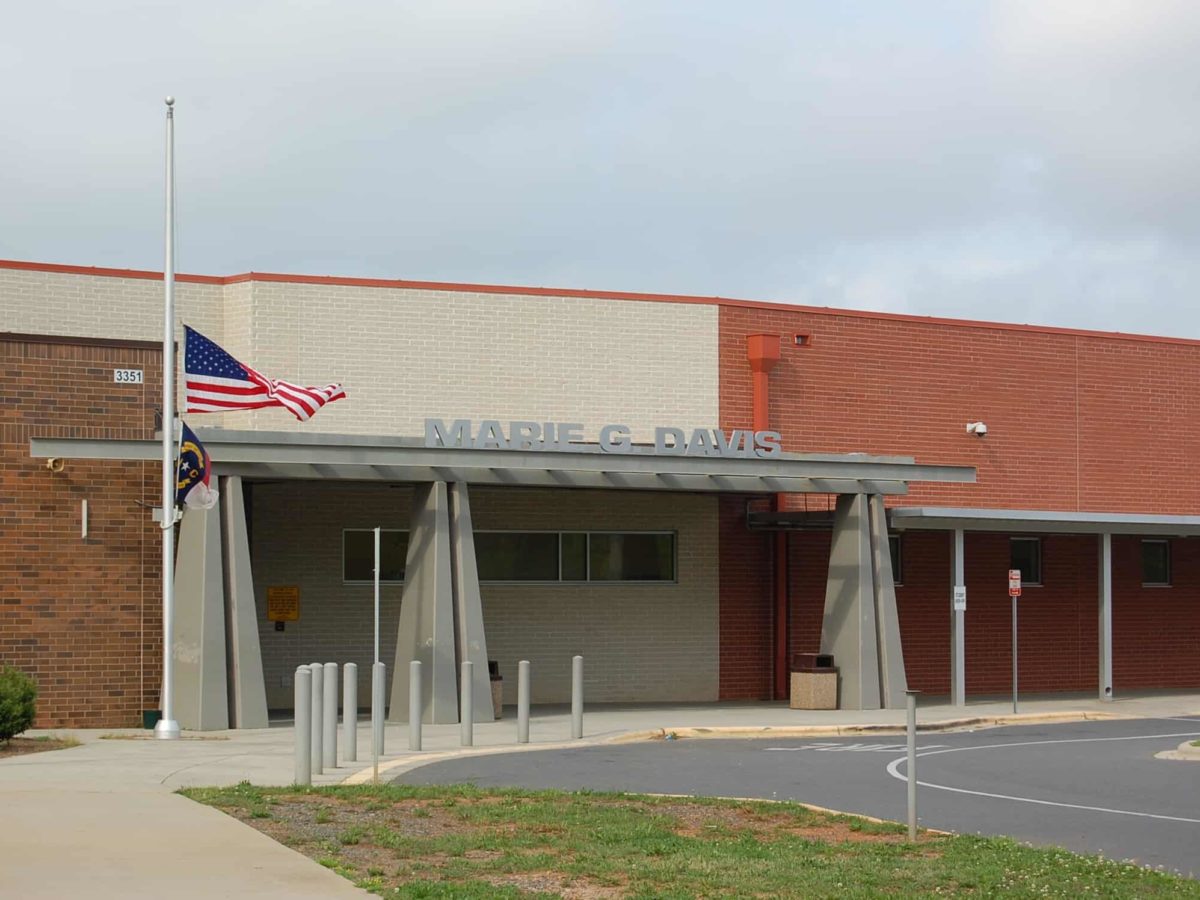
An early look at Charlotte-Mecklenburg Schools’ magnet programs calls for significant changes to the way the district uses the specialized schools.
Consultants from Magnet Schools of America, or MSA, spent time in the magnet schools this year as part of a comprehensive review ordered by the school board. Members of the board received an update on that review—which has included everything from data analysis to focus groups to site visits—at their meeting last week.
Magnet schools, which first appeared in Charlotte in the 1990s and remain a popular option among many parents, focus on special areas of instruction. CMS has magnet schools that teach arts, STEM, and foreign languages, among other subjects. Just under 15 percent of CMS students attend magnet schools. The district has 20 full magnets and 25 programs housed inside traditional campuses.
The MSA report focuses on the magnet system at a district level; ultimately CMS must analyze the successes and challenges of individual programs in order for the school board to decide what specific changes to make.
But the review is interesting because it highlights some of the systemic challenges the consultants noticed during their time in Charlotte.
Diversity is among the largest of those challenges—and it mirrors a larger conversation in CMS about race, poverty, and educational equity.
“There is limited evidence of diversity reflective of the district and community in the enrollment of most of the district’s magnet schools,” the review said. While some magnet programs are diverse, many are not. The consultants noted that CMS handles marketing and recruitment efforts at a county-wide level and that there are no individualized marketing plans for specific schools or programs. The review recommends a community task force and strategic plan to address issues of diversity in magnet schools.
MSA also raised concerns about the impacts transportation has on students’ ability to attend magnet programs. Right now, CMS provides busing to magnet schools within certain transportation zones. “School choice is based on transportation boundaries which does not always allow equitable access to all students,” the report said.
The review calls for making transportation available for any student to any magnet school—something that would require more transportation dollars from CMS.
Consultants highlighted concerns about academic achievement in the 25 so-called “partial magnets”—which are housed in regular school buildings. Magnet students and traditional students often share hallways and playgrounds, but attend different classes. Partial magnets allow CMS to have more options in more places, and they are logistically easier and financially cheaper than creating entirely new, standalone magnet programs. But critics say partial magnets can feel like two very different schools in the same space.
MSA found that partial magnets don’t perform as well as traditional magnets.
“CMS magnet programs within schools (partial magnets) have inequitable outcomes,” the report said, “with minority and low-income student achievement remaining in decline.” To address this issue, MSA recommends an annual plan at each school that specifically addresses recruitment, curriculum, and professional development.
The magnet review, which will continue through the fall and winter, comes as CMS begins an in-depth student assignment review. Elements of the magnet study could find their way into the discussion of boundary lines and school choice. MSA hinted at that in the presentation about magnet schools.
“School choice in CMS is complex and unclear to many families,” the report said.
Recommended reading



